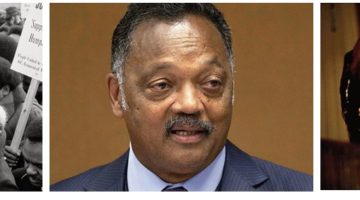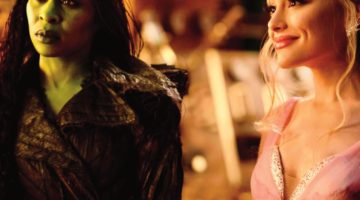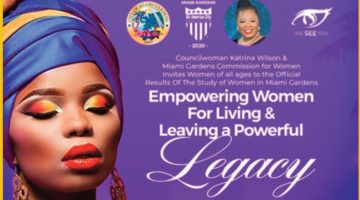 I had conflicting emotions about Tyler Perry’s latest film. Although I laughed, there was something that didn’t sit well with me. How far is too far when it comes to urban comedy?
I had conflicting emotions about Tyler Perry’s latest film. Although I laughed, there was something that didn’t sit well with me. How far is too far when it comes to urban comedy? In Perry’s Madea’s Big Happy Family, Shirley (played by Loretta Devine) has been given a couple of weeks to live. If that’s not bad enough, she now has to assemble her family together to tell them that she’s dying; which is always easier said than done when your family has this much drama. One daughter, Tammy (Natalie Desselle), treats her husband, Harold (Rodney Perry) like pure garbage.
Shirley’s other daughter, Kimberly (Shannon Kane), is married to Calvin (Isaiah Mustafa in his first feature film since those Old Spice commercials), who is not only good-looking, but treats his wife like a queen. His angry wife, on the other hand, treats him like a peon whose only purpose in life is to follow her orders.
Rounding out the drama in this family is 18 year-old Byron (Chad “Bow Wow” Moss), who has to juggle his baby son, the baby mama from hell, Sabrina (Teyana Taylor), and his gold digger girlfriend, Renee (Lauren London), while trying to stay out of trouble. While no family is completely free from drama, Perry’s tend to have more than their fair share.
With so much drama, it’s hard to fathom it, but Big Happy Family is a comedy; Madea’s presence being the dead give-away. In the past couple of days, I have run into quite a few African-American people (family, co-workers, and acquaintances) who have voiced their distaste for Perry’s Madea. I was surprised.
Then again, they’re not the only people within the black community who feel that way. There are those actors and filmmakers (ahem, Spike Lee) who feel like Perry has taken Blacks 100 years back into history; putting on a Vaudeville-like performance, calling it “coonery.”
As a plot-driven film buff, I just want to see a good story. Do I like Madea? Of course! She says what’s on her mind (and everyone else’s mind) and she knows how to stand up for herself.
To play the devil’s advocate, I would go so far as to say that Madea (despite actually being a man) is a strong black woman who is fiercely loyal and defensive of helpless people. She provides the tough love that many people should have in their lives. We all need a Madea in our lives to bully the bullies.
Madea, with her literally larger than life presence, can really bring a family together and directly address those issues that need addressing. In other words, she cuts through the BS. She does this in every film that she’s in. Unfortunately, the audience is buried in drama before Madea swoops in and tells it like it is. And, that’s where I find fault with Perry. All of his films are soap operatic mixed with slapstick comedy. He straddles the fence too often when it comes to genre.
In answer to the question posed earlier: Yes, a filmmaker can go too far when it comes to urban comedies. Comedies steeped in race should be more of a commentary on culture and not the butt of jokes for the amusement of people of a different race.
Perry has discovered a money-making formula and is good at giving people what they want, just like all studio executives in Hollywood. He’s created a character that resonates with audiences and he’s sticking to her; much to the dismay of many people in the black community. A line has clearly been drawn in the sand between those who are for and those who are against Perry’s productions.
In the meantime, films like Jackass and the upcoming Blubberella cast a negative light on Americans and overweight people, alike. However, no one gets offended by those utterly stupid hijinks. And, no one has rallied against the buffoonery in films like First Sunday, Soul Plane, Cookout, and Who’s Your Caddy? Those films actually made blacks look bad and participated in “coonery.”
Kimberly Grant may be reached at KAliciaG@aol.com












No Comment